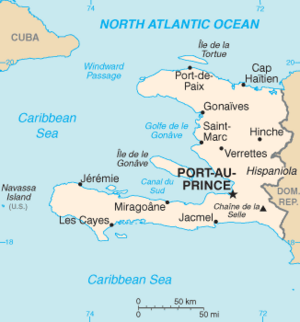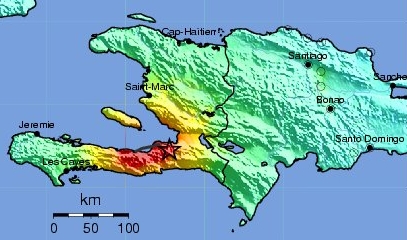Scott Williams links to this article:
The US Has 761 Military Bases Across the Planet, and We Simply Never Talk About It, which raises the comparison to the Roman Empire, which had thirty-seven.
This begs two questions:
- What's a base?
- Is the comparison to the Roman Empire a fair comparison?
The source for most of this information is the 2008 Base Structure Report, referred to by
Mother Jones:
According to the Pentagon's 2008 "Base Structure Report," its annual unclassified inventory of the real estate it owns or leases around the world, the United States maintains 761 active military "sites" in foreign countries. (That's the Defense Department's preferred term, rather than "bases," although bases are what they are.) Counting domestic military bases and those on US territories, the total is 5,429.And while the Mother Jones article for some reason glosses over the difference between the two terms, the Alternet story makes the distinction in its opening paragraph:
Sometimes they live on military bases built to the tune of billions of dollars that amount to sizeable American towns (with accompanying amenities), sometimes on stripped down forward operating bases that may not even have showers. When those troops don't stay, often American equipment does -- carefully stored for further use at tiny "cooperative security locations," known informally as "lily pads."The Mother Jones article goes on to note:
The overseas figure fluctuates year to year. The 2008 total is down from 823 in the Pentagon's 2007 report, but the 2007 number was up from 766 in 2006. The current total is, however, substantially less than the Cold War peak of 1,014 in 1967. Still, given that there are only 192 countries in the United Nations, 761 foreign bases is a remarkable example of imperial overstretch...I'm not going to try to parse this one completely; the 2008 total is lower than any of the other years listed, so the author compares it to the number of countries in the United Nations. The better figure comes from
this Mother Jones article which notes that there are bases (or are they sites?) in 39 countries, but that number may not be accurate.
Now the second question: is the comparison to the Roman Empire a fair comparison? Well maybe. In the days of the Roman Empire
the world was a lot smaller than it is today, but what was a Roman base? Would it compare to an American "medium or large" base? No clue. The
better Mother Jones article just says there were 37 of the former and there are 30 of the latter. I'd love to see lists of both: the
list of castra article I found shows at least sixty. Hmmm.
I don't know what to make of the overall narrative, though: given the general tone of the two longer articles it seems more important to the authors to suggest some vague (and frightening?) correspondence between the Roman Empire and the "American Empire."
 Image via Wikipedia
Image via Wikipedia![Reblog this post [with Zemanta]](http://img.zemanta.com/reblog_c.png?x-id=3190b8af-ea1d-4841-a5fe-1315b6c495a1)

![Reblog this post [with Zemanta]](http://img.zemanta.com/reblog_c.png?x-id=5151753e-969d-42be-986c-efdb145cc88c)

